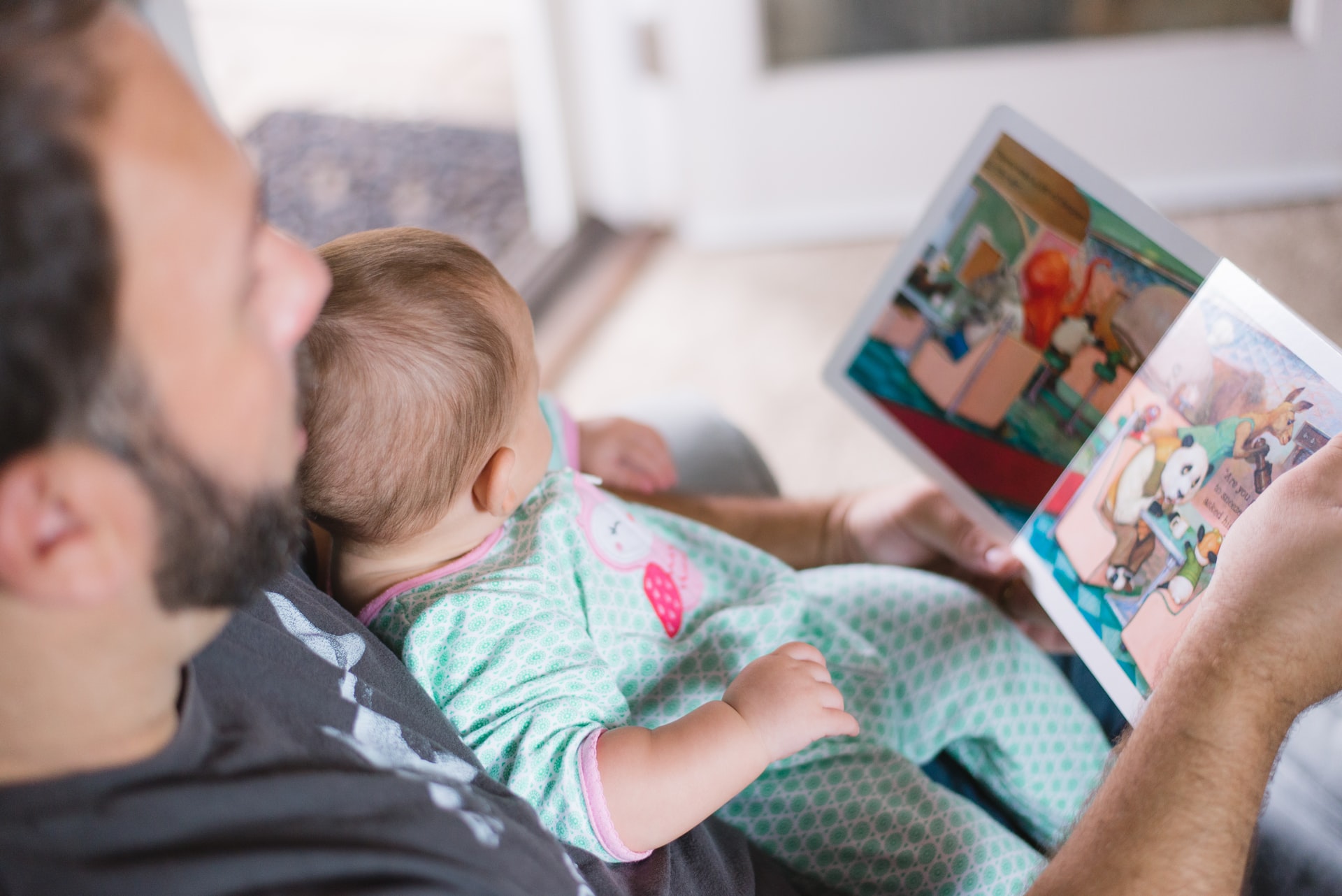Pursuing Counseling as a Stepparent
Let’s be honest – being a stepparent can be hard. Whether you are walking into a situation where the divorce was amicable or not there is pressure with being the new parent on the block. Coming into a family with older children presents a certain set of challenges and may require counseling to help. The other parent may be respected, or they may not. They might be freely talked about, or their name may never be mentioned. Maybe the person you marry has a good relationship with their ex. Maybe it is adversarial, and your partner can find nothing good to say about them. Whatever the situation, being a stepparent can feel like being in the middle of a hedge maze with no way to get your bearings. At Little Elm Christian Counseling, we understand how complex and confusing this role can be, and we’re here to walk with you through it. The reality is that a new marriage does not just include the adults involved. Stepping into a family, whether the kids are in the house or not, is complicated. While there is no one-size-fits-all solution, below are some tips to help with the transition. The best thing you can do is to be respectful of the children and where they are. You are not going anywhere, and neither are they. As the older person in the situation, there is more expectation placed on you to make the children feel comfortable and not threatened. Remember at the end of any snide comment about the other parent is their child who loves that person. The child is dealing with a mountain of trauma, pain, questions, and emotion. Insulting the other parent will only cause friction. Find a place outside the home to express your frustrations and process the situation. [...]





